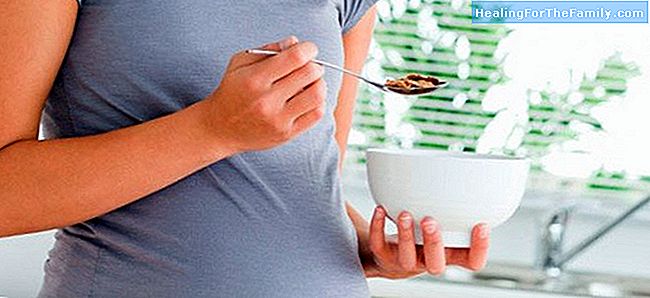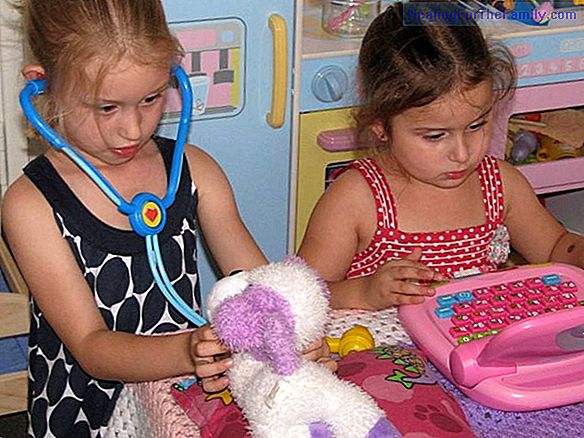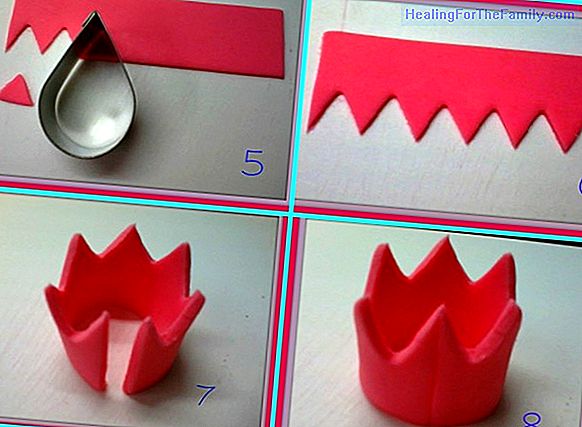Feeding in pregnancy
Carrying a healthy and balanced diet must be a priority for the pregnant woman and thus ensure the proper development of the baby. The fetus needs the nutrients that come through the foods the mother ingests. The lack of a good diet in pregnancy can therefore cause defects in the fetus or a baby wit
Carrying a healthy and balanced diet must be a priority for the pregnant woman and thus ensure the proper development of the baby. The fetus needs the nutrients that come through the foods the mother ingests. The lack of a good diet in pregnancy can therefore cause defects in the fetus or a baby with low weight. Extreme care of the diet during pregnancy will also be beneficial for the mother since she will have more energy.
Key points in the diet of the pregnant woman

The pregnant woman has to acquire a series of healthy habits in her diet during pregnancy. If before you skipped meals, you pricked in excess between hours, you abused fast food, you took few dairy products or the fruits were never present in your diet, you eliminate all these customs and adopt these simple but valuable tips during pregnancy:
- Vitamin supplements : the doctor will prescribe a vitamins and minerals to ensure sufficient supply of folic acid, iron, iodine, zinc, calcium, vitamin B12 or vitamin D. Do not underestimate these pills that you will take daily, prevent defects in the fetus and help it to develop correctly.
- Healthy and balanced diet: a good diet in pregnancy is one that is rich in nutrients. The nutrients are present in five groups: proteins, vitamins, minerals, carbohydrates and fats. Make five meals a day not copious, get into the habit of eating breakfast, mid-morning, at lunch, snack and dinner.
- Avoid fats: limit saturated fats in your pregnant diet by not introducing too many fried foods, industrial pastries, fast food or snacks.
- Drink lots of fluids. You must drink at least 1 liter of milk per day, although if it costs you, you can ensure the amount of calcium through yoghurts and cheeses. In feeding the pregnant woman it is essential to introduce plenty of water or juice, and at least drink 2 liters a day to be well hydrated.
Weight control in pregnancy
Few periods in a woman's life demand as much care in diet as pregnancy. One of the follow-ups that the gynecologist will perform is, therefore, the control and evolution of your weight throughout pregnancy.
Pregnant women who have a normal weight before pregnancy are recommended to gain between 9 and 15 kilos. However, if you start with a low weight, the gynecologist will assess what is the correct gain for the good evolution of pregnancy and will monitor the feeding of the pregnant woman with more care. Also, if you start with overweight, the obstetrician will have a more exhaustive weight control since obesity in pregnancy brings associated risks for the mother and the baby. A good routine to control weight during pregnancy is to exercise. All gynecologists recommend at least walking for 30 minutes every day. If you can also and want, it is convenient to do moderate physical exercise. There are already gyms that dedicate a space to sports for pregnant women and, in addition, you can practice swimming.












